Editorial: NOAA cod measure cannot be allowed to stand without challenge
![]() Perhaps the scariest thing about the new “emergency measures” being imposed on Gloucester fishermen and the New England groundfishing industry is that no one seems surprised. Angry? Frustrated? Desperate? You bet — and with good reason. Read the rest here 09:23
Perhaps the scariest thing about the new “emergency measures” being imposed on Gloucester fishermen and the New England groundfishing industry is that no one seems surprised. Angry? Frustrated? Desperate? You bet — and with good reason. Read the rest here 09:23

































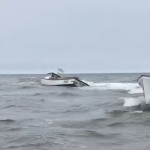
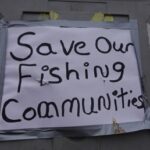
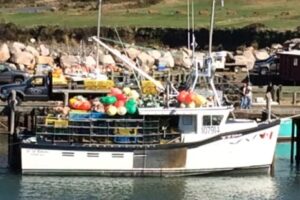
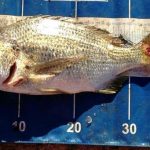

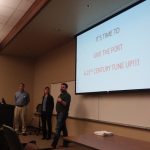
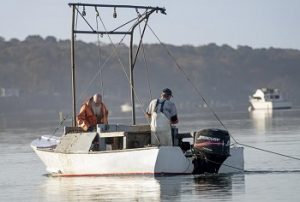
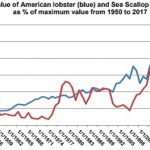
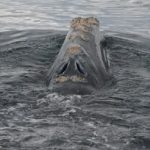
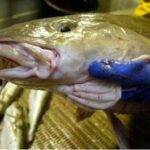
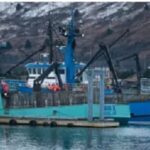




NOAA’s charter, as outlined in the Magnuson Stevens Act Standard 2, requires NOAA to employ the “best scientific information available”; to direct “effort to identifying and gathering the needed data”; then they “…should identify scientific information needed from other sources to improve understanding and management of the resource, marine ecosystem, and the fishery (including fishing communities)”; and “information submitted by various data suppliers should be comparable and compatible”. (Above parentheses regarding “fishing communities” are in the original MSA document).
But instead of respecting this Standard 2 of the MSA, NOAA proceeds to “circle the wagons” and defensively refuses to consider data that doesn’t agree with their not fact-checked survey data and statistical computer generated assessment conclusions.
Research data and conclusions have been consistently rejected from prestigious sources such as the University of Massachusetts School for Marine Science and Technology (SMAST), the Virginia Institute of Marine Science at The College of William and Mary and the Massachusetts Marine Fisheries Institute. No matter how vetted the information, and no matter how fastidiously compliant with the labyrinthine procedures imposed by NOAA in order to enter a research paper, the scientists and the research data from these institutions (“other sources” outside of NOAA) have been consistently shut out of meaningful scientific discourse regarding the stock population assessments that inform regulations.
Until the researchers from The U. of Mass. SMAST can get their real-time video fish counting equipment into the Gulf of Maine on a fishing industry vessel ; and until the TRAC and SSC start to include and seriously consider such “…scientific information needed from other sources” and follow the “plain meaning” of the MSA’s Standard 2; the NOAA Science Center’s data and stock assessments and these consequent fishing industry destroying regulations will never be accepted as legitimate and effective fishery management.
All morning long, Peter Shelleys reference to ESA for cod has been stuck in my head. What I wonder is can NESS, the regional administrator, and NOAA be sued by the industry, and could funds from the disaster relief be used for that action?